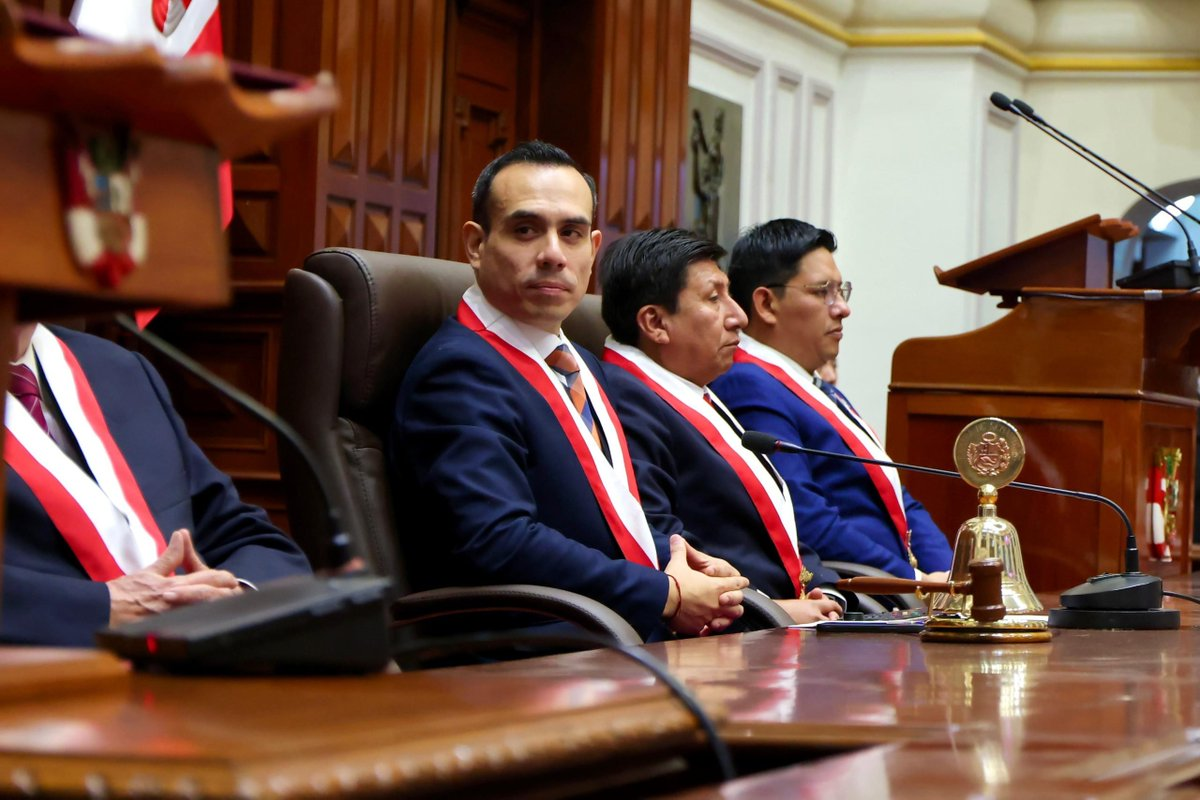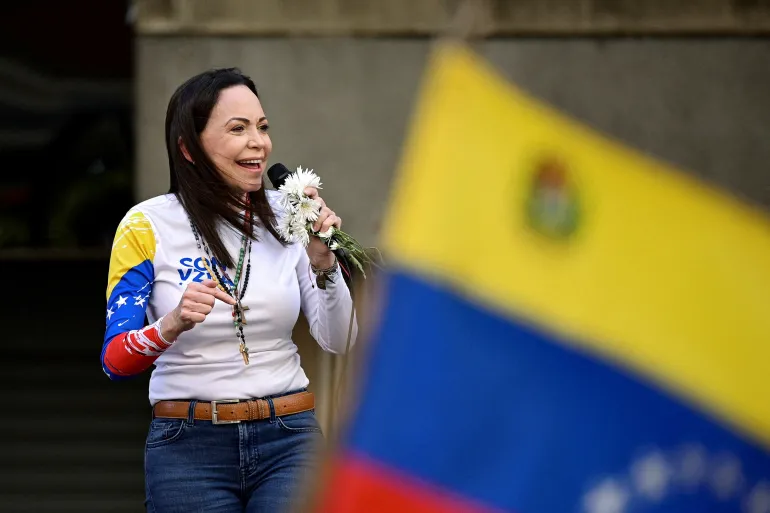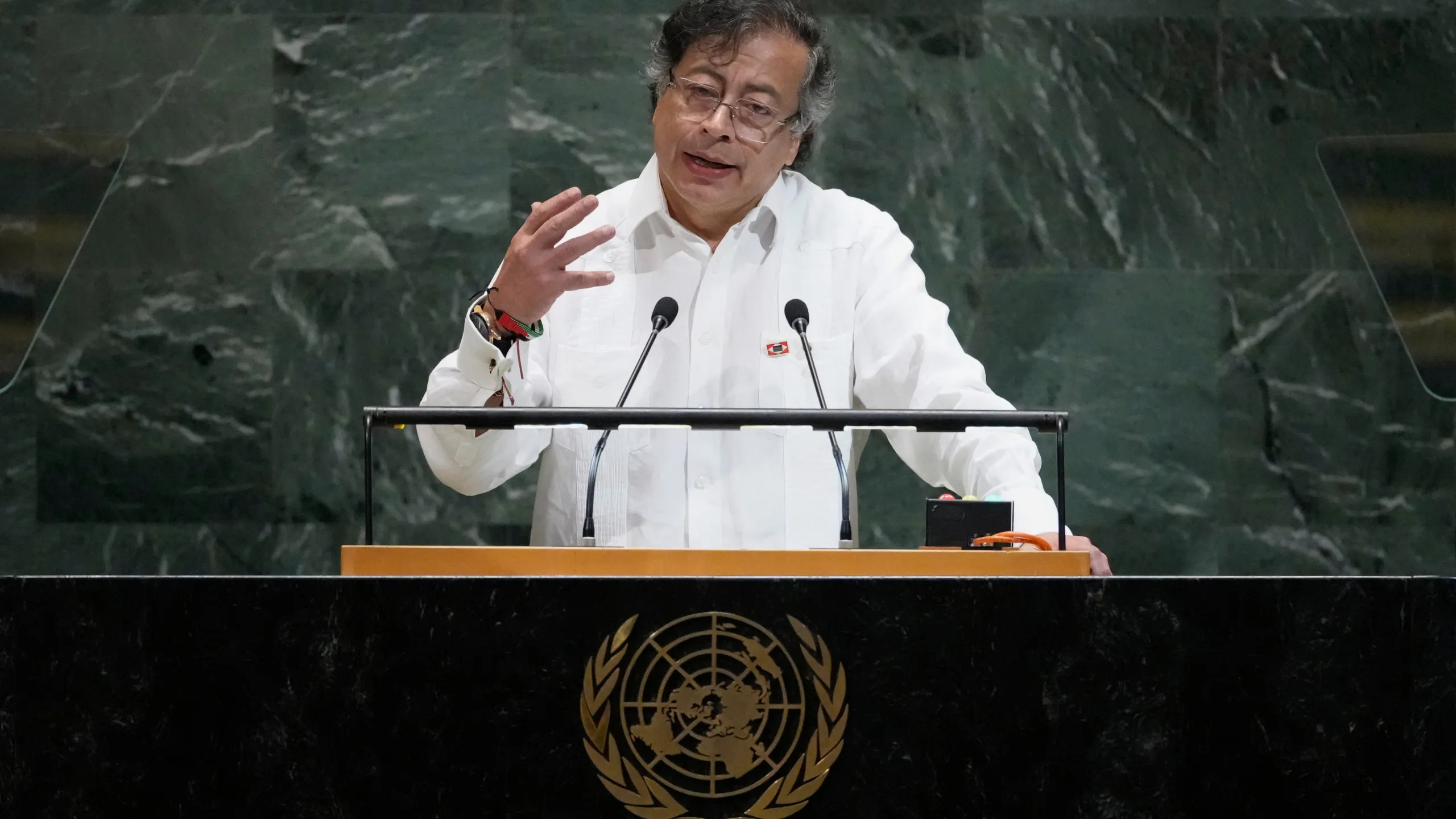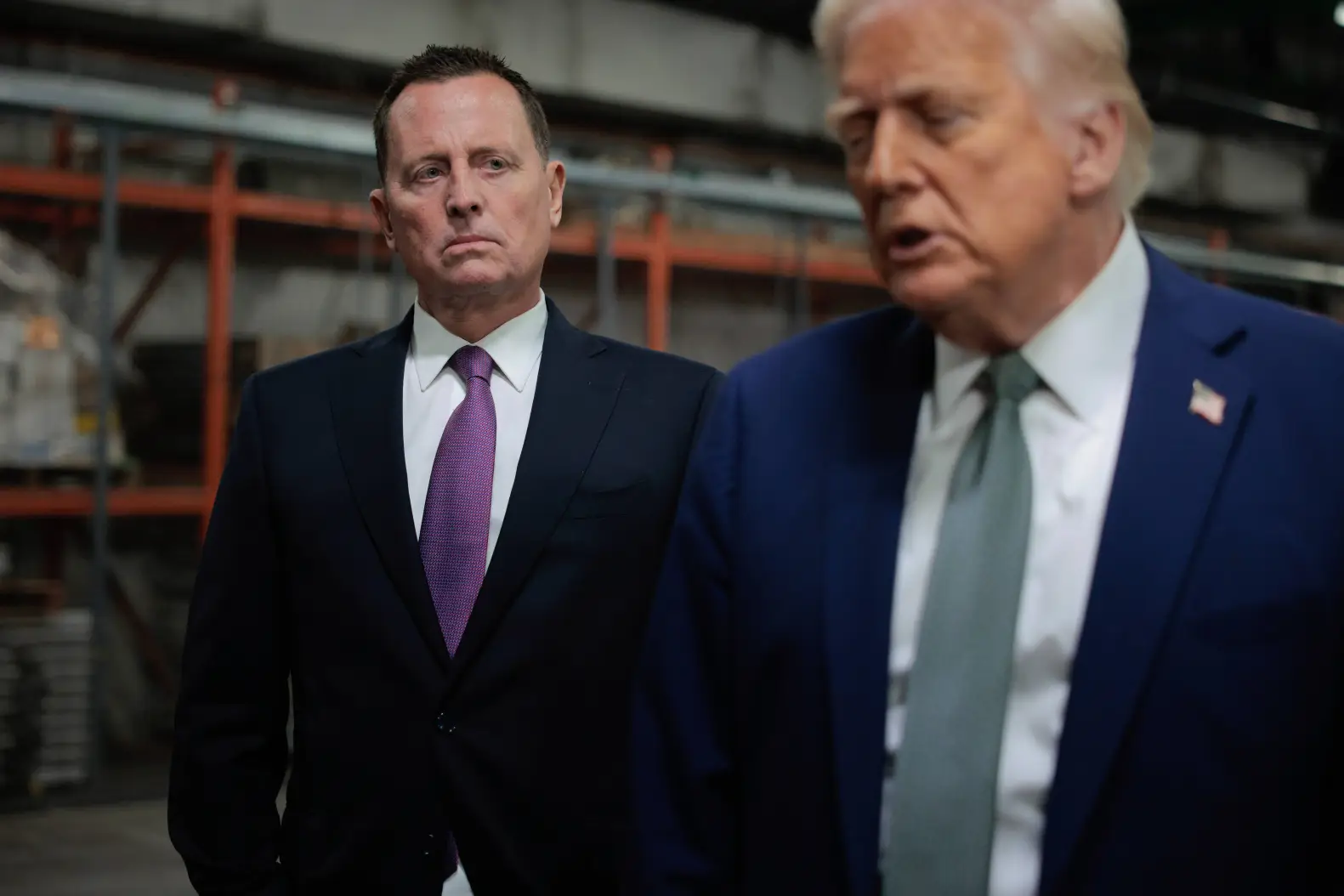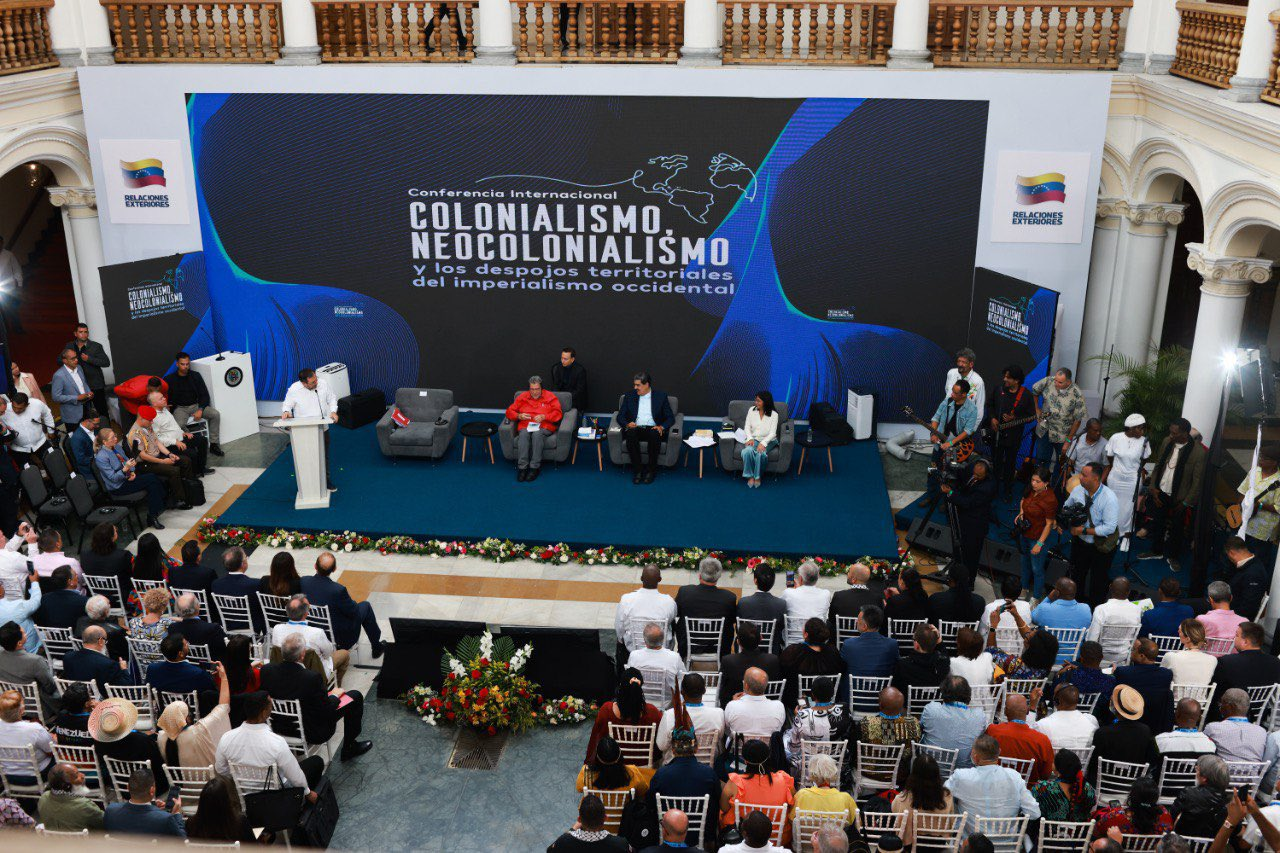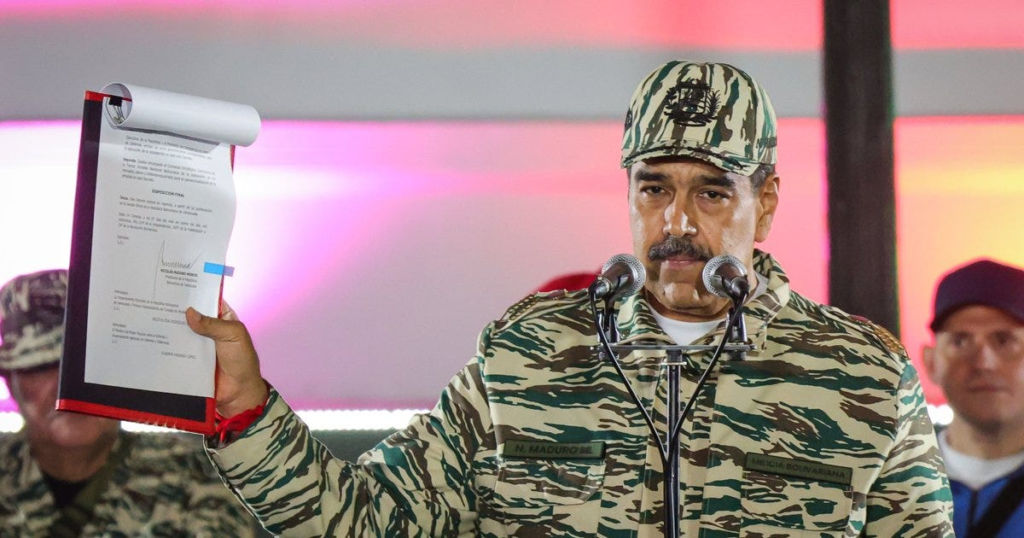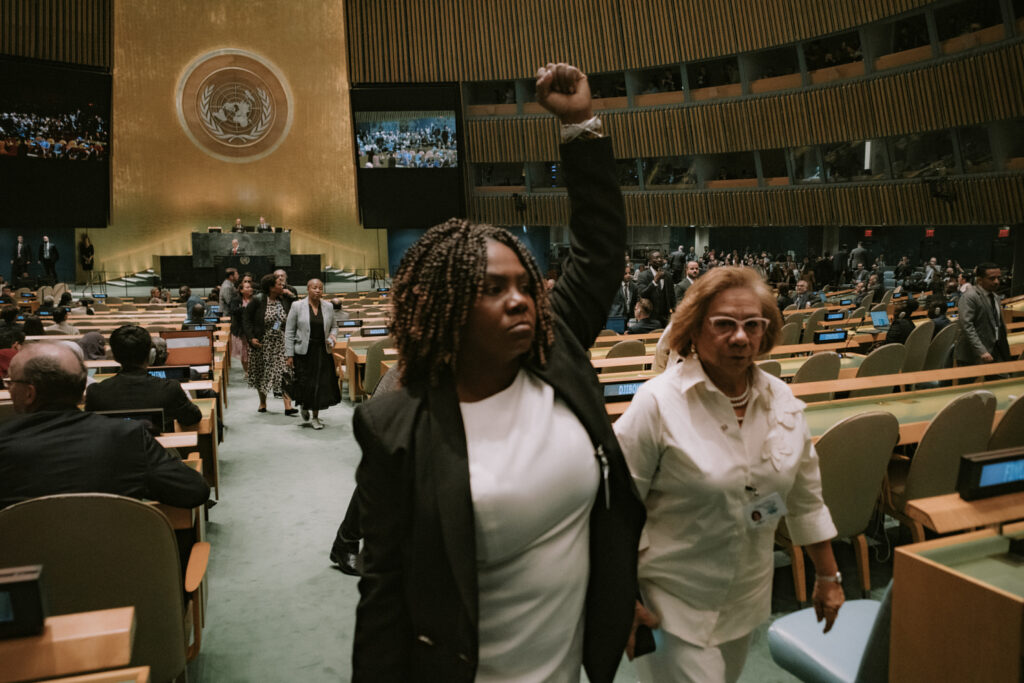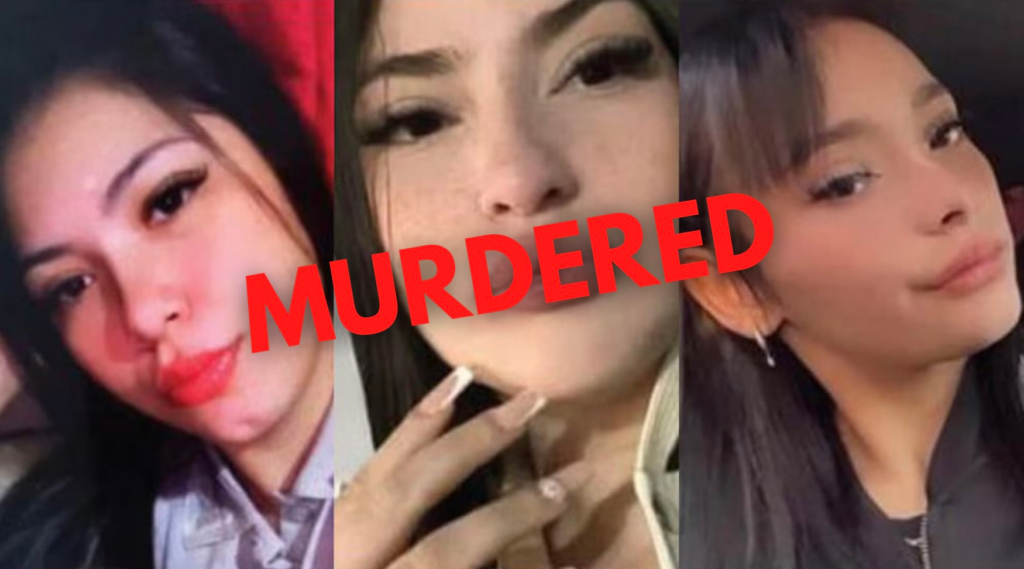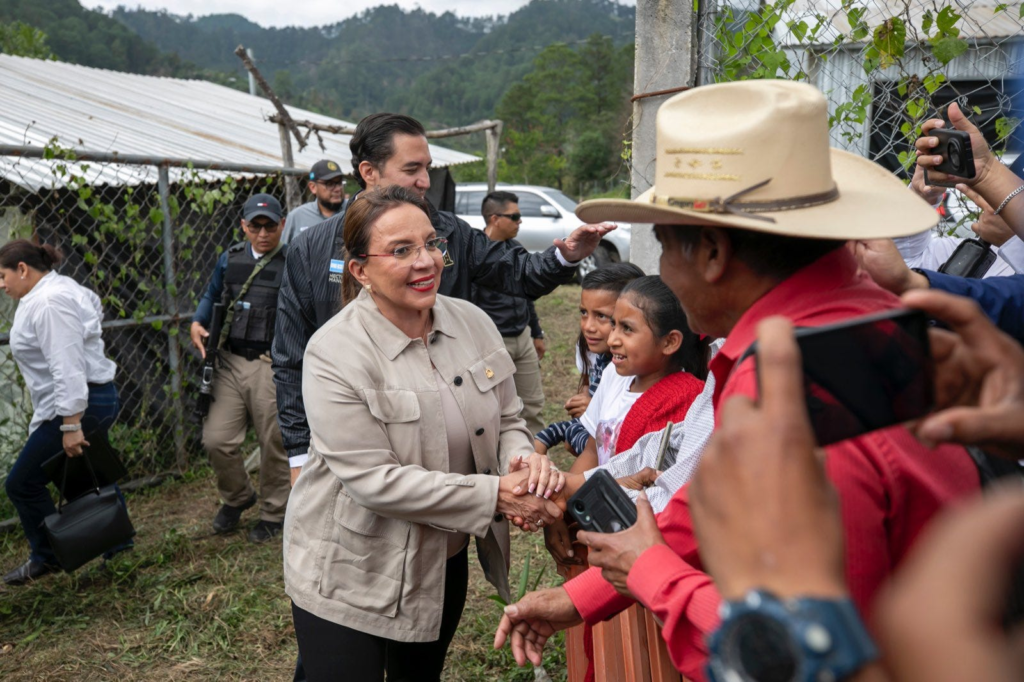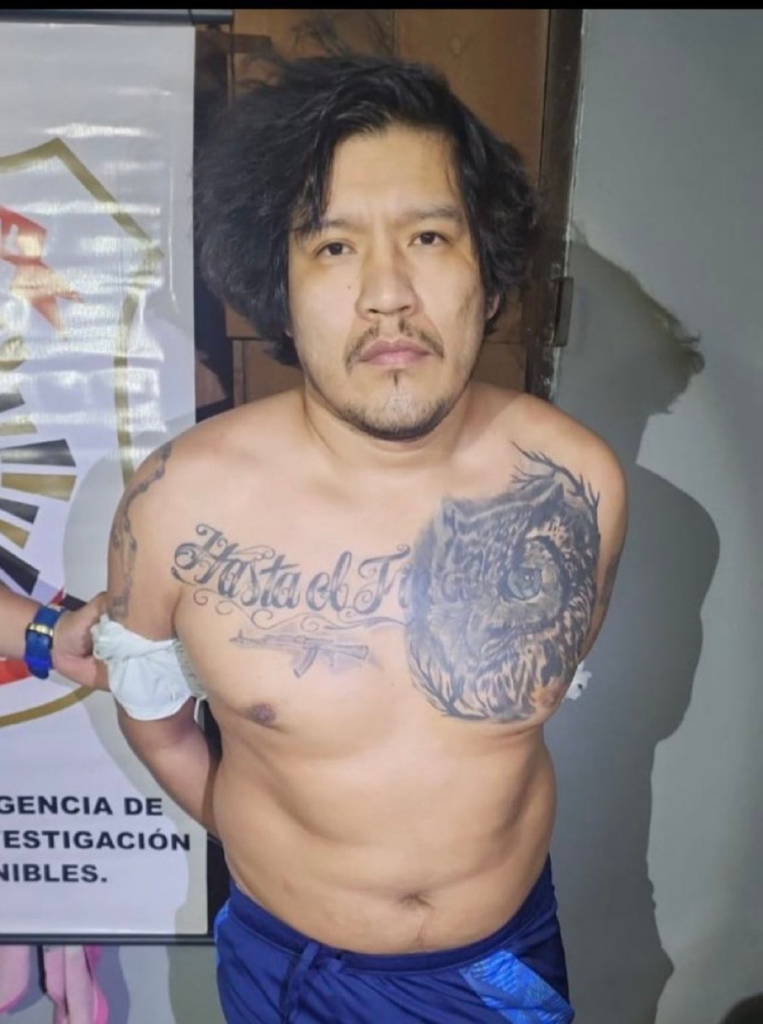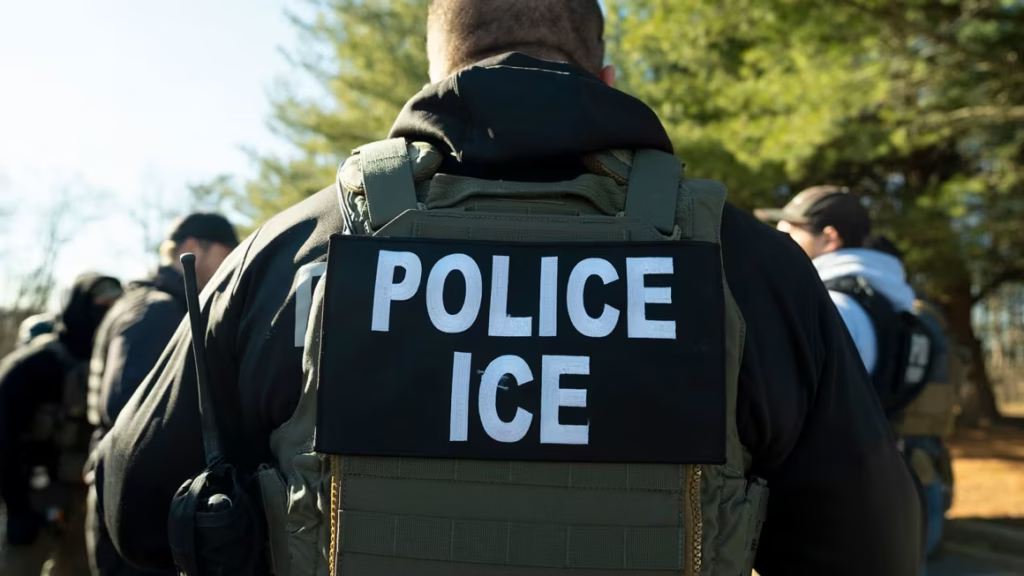Dina Boluarte was removed as president in a late-night vote by the unicameral legislative body of the Peruvian Congress.
Boluarte, Peru’s first female president and left-wing successor of controversial former President of Peru and previously outed himself, Pedro Castillo, was one of the most unpopular leaders in South America, with an appalling approval rating, and was wholly disdained by legislators in Congress.
Peruvian lawmakers in the nation’s capital of Lima requested that Boluarte present herself before the body prior to midnight on Thursday, after the Congress deliberated on a possible impeachment trial for Boluarte over her mismanagement of the nation’s rampant crime epidemic, on grounds of what the Congress termed as “moral incapacity.”
When the president refused to appear, the body swiftly moved to vote for her removal with 124 votes in favor, and none in opposition to the motion, successfully ousting Boluarte from the nation’s presidency after the Congress’s ninth attempt at her removal.
José Jerí, a 39-year-old lawyer and president of Peru’s Congress with little political experience, was voted to replace Boluarte, becoming the nation’s seventh president in the preceding 10 years.
However, Jerí’s background has complicated the transition.
Earlier this year, the 39-year-old newly elected president was involved in a scandal that compelled the Attorney General’s Office to open an investigation into rape allegations against Jerí.
Shortly after, the Office confirmed that the investigation into the matter had been closed without explanation.
Jerí denied the accusations with local Peruvian news outlet, El Comercio, in August.
Additionally, just as soon as Jerí was voted in as the nation’s president, more controversy surrounded the new head of government, suggesting a feverish sexual appetite after social media users began posting snapshots that depict Jerí’s social media accounts following hundreds of adult content profiles like Brazzers, and scantily dressed female pornography actors exotically posed on several platforms like X and Instagram.
Jerí has not responded to these developments at the time of publishing this article.
Following the developments by Congress, Jerí, elected as interim president by the Peruvian Congress, expressed during his acceptance speech that he intends to confront the onslaught of organized crime in Peru and will work “to install and lead a government of transition, empathy, and national reconciliation.”
Over the last two weeks, Peru has also been embroiled in widespread protests by the self-proclaimed “Gen Z” movement, protesting public corruption, poor economic conditions, and the rise of crime sweeping the country.
Coca production and drug-related violence have contributed to a violent crime epidemic not dissimilar to that troubling Peru’s northern neighbor, Ecuador.
Criminal networks and violent armed drug gangs vying for territory in various parts of western South America have placed several governments in the region on their heels.
Lax crime policies and lenient immigration policies have also contributed to the rise of crime, whereby violent criminal networks capitalize on these policies.
José Jerí will serve as president through July 28, 2026, until the nation’s next presidential elections.

